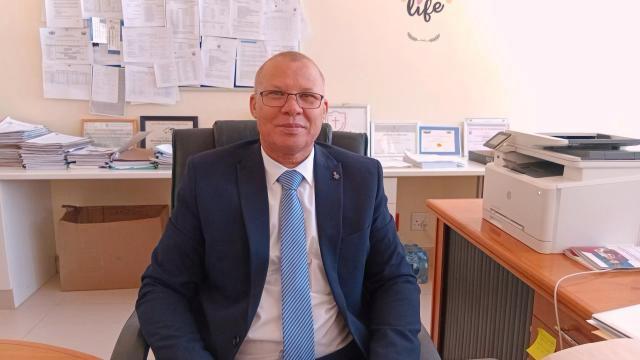In today’s interconnected world, culture shock has become a common experience for individuals stepping into unfamiliar territories.
Culture shock refers to the disorientation and discomfort that arises when encountering a new culture (Berry, 2020). As globalisation continues to shape our lives, understanding the nature of culture shock, its stages and effective strategies for overcoming it becomes increasingly important.
Culture shock typically unfolds in four distinct stages. The first stage is often referred to as the ‘honeymoon phase’.
During this initial stage, individuals feel enthusiastic and fascinated by a new cultural environment. For instance, a person visiting Japan may be captivated by the beauty of cherry blossoms or traditional tea ceremonies.
The second stage is known as the ‘frustration phase’.
As individuals encounter language barriers, unfamiliar social norms, and differences in daily routines, they may experience a sense of confusion, frustration and even homesickness.
For example, an international student studying in a foreign country may struggle to adapt to academic expectations or communication styles, leading to feelings of frustration and isolation.
The third stage, known as the ‘adjustment phase’, is marked by a gradual acclimatisation to a new culture. Language skills improve, social connections deepen, and a sense of familiarity develops.
For instance, an expatriate living in a different country may begin to appreciate the local cuisine, participate in cultural festivals and form meaningful friendships.
Finally, the fourth stage, called the ‘adaptation phase’, represents a state of acceptance and integration into the new culture. Individuals feel comfortable and confident navigating the host culture’s social dynamics, customs and traditions.
For instance, a business professional working in a multicultural environment may have successfully adapted to diverse communication styles and developed cultural sensitivity.
To overcome culture shock in our interconnected world, several strategies can be employed. First and foremost, maintaining an open mind and a willingness to learn are essential (Ward, Bochner, & Furnham, 2001).
Embrace curiosity and approach the experience as an adventure, actively seeking opportunities to engage with locals, participate in cultural events and explore the nuances of the new culture.
Building a support network is invaluable during the transition (Ward et al., 2001).
Seek out fellow expatriates, local communities, or cultural exchange groups. Sharing experiences, challenges and triumphs with others who have encountered similar situations can provide a sense of camaraderie and support.
Education and self-awareness are vital tools in navigating culture shock. Educate yourself about the history, values and social etiquette of the host culture (Berry, 2020). Developing language skills can be particularly helpful in fostering connections and building relationships.
In an interconnected world, where cultural encounters are increasingly common, culture shock presents an opportunity for personal growth and development. By embracing the unknown, seeking support and fostering cultural understanding, individuals can transform culture shock into a transformative journey of exploration and connection.
As our world continues to evolve, let us celebrate the richness of cultural diversity and strive to build bridges of understanding. Together, we can create a global community that thrives on mutual respect, curiosity and shared experiences.
Levi Nekongo
Stay informed with The Namibian – your source for credible journalism. Get in-depth reporting and opinions for
only N$85 a month. Invest in journalism, invest in democracy –
Subscribe Now!









